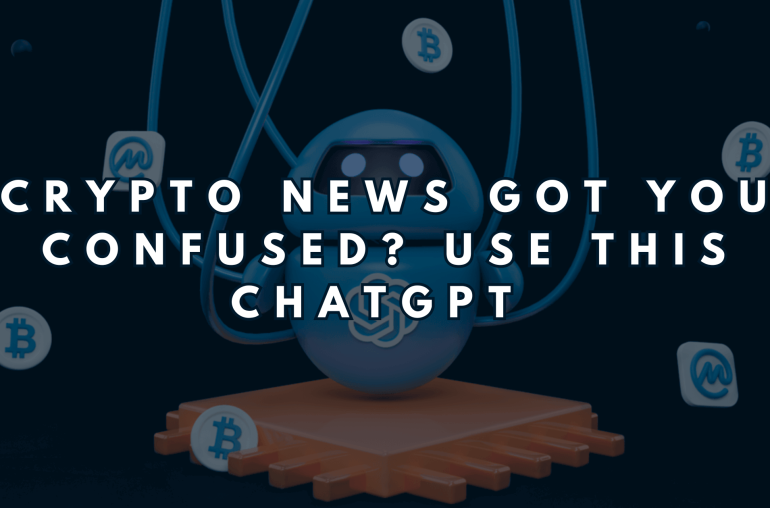Key Takeaways:
- AI in crypto offers powerful tools for analysis and trading, but it also creates ethical questions every investor should ask.
- For a Muslim investor, the key is to judge AI trading using core Islamic finance principles: avoiding Riba (interest), Gharar (excessive uncertainty), and Maysir (gambling).
- The “black box” nature of some AI can increase Gharar. High-frequency speculative trading can be a form of Maysir. It is vital to understand these risks.
- A path for AI crypto trading Halal does exist. It involves using Shari’ah-compliant platforms, ethically screened tokens, and AI tools built for security, not just speculation.
- Always do your research. A trustworthy platform will be open about its strategies and Shari’ah compliance. It will not promise guaranteed profits.
It’s a fact: Artificial Intelligence is changing cryptocurrency trading forever. But here’s a more important truth: Your values don’t have to be left behind. Many people believe the fast-paced world of AI trading cannot align with principled, Halal investing.
We’re here to show you that it’s possible. Understanding how to do it is the key to investing with confidence and peace of mind. Let’s explore how.
Also read: AI and Blockchain Synergy Explained: What You Need to Know
Are You Curious About Crypto, But Worried About the Risks?
If you’re reading this, you are likely fascinated by technology. You see the huge potential in cryptocurrency. At the same time, you are cautious.
You want to make smart financial decisions, but you are not willing to compromise on your principles. You hear confusing terms, see volatile market swings, and wonder if you can join this space without getting burned or crossing an ethical line.
You’re not alone. This guide is for the thoughtful investor. You want to understand the “how” of AI in crypto.
But you also want to know “why” it can be a responsible, ethical, and Halal part of your financial journey.
What Does AI Actually Do in Crypto Trading?
Let’s cut through the jargon. In simple terms, AI in crypto trading uses powerful computer programs to do things humans can’t. Think of it as a super-powered analyst that never sleeps.
Its main jobs are:
- Analyzing Huge Amounts of Data: AI can sift through market trends, news, and social media buzz in seconds to spot potential opportunities.
- Operating 24/7: The crypto market never closes. AI can monitor and execute trades around the clock, so you don’t have to watch a screen.
- Removing Emotion: AI makes decisions based on data and logic, not fear or greed. These two emotions often lead to poor investment choices.
While this sounds great, this automation is exactly why we need to look closer at the ethical implications of AI trading.
The Core of Halal Investing: Understanding Islamic Finance Principles in Crypto
For any investment to be Halal, it must follow key principles. Let’s look at the three most important ones for crypto.
Riba (Interest): The Prohibition of Fixed Returns
Riba is any fixed, guaranteed return on a loan. In crypto, this often appears in lending platforms or margin trading where you are charged or paid interest. A truly Halal approach avoids these interest-based tools completely.
It focuses on buying and selling assets.
Gharar (Uncertainty): The Problem with “Black Box” Strategies
Gharar means excessive uncertainty in a transaction. If you don’t fully understand what you’re buying or the risks involved, it’s Gharar. This is a big concern with AI.
If an AI trading bot is a “black box,” its strategy is secret. You can’t understand why it makes certain trades. This creates a high level of Gharar.
You’re giving money to a process you cannot check.
Maysir (Gambling): The Danger of Pure Speculation
Maysir is getting wealth by pure chance, like gambling. An AI bot can act like a form of Maysir. This happens if it’s designed for high-frequency trading.
That means it just bets on tiny, short-term price swings without caring about the cryptocurrency’s real value. The goal is not to invest in a valuable project, but to gamble on market noise.
Finding a Path: Is “AI Crypto Trading Halal”?
So, with all these potential problems, how can you ensure your AI crypto trading is Halal? The answer is that it’s possible, but it requires a conscious and informed approach.
The Rise of Shari’ah Compliant Crypto Solutions
Thankfully, a growing part of the crypto industry understands these concerns. We are now seeing the growth of Shari’ah compliant crypto solutions. These platforms often feature:
- Ethical Screening: They use a formal process to check cryptocurrencies. This ensures the coins have real-world use and are not tied to banned industries (like gambling).
- Riba-Free Accounts: They offer trading accounts that are built to be completely free of interest.
- Shari’ah Advisory: They work with respected Islamic finance scholars to certify that their products are compliant
[Link to a trusted Shari'ah finance authority].
Using AI for Good: Crypto Risk Management and Security
It’s also important to remember that AI isn’t just for trading. Many companies use AI for positive and ethical reasons. They use it to scan for fraud, identify scams, and manage portfolio risk.
Using AI for crypto risk management makes the whole system safer and more trustworthy [Link to another one of your blog posts on crypto security]. This aligns perfectly with Islamic principles of protecting wealth and ensuring justice.
Your 5-Step Checklist for Choosing a Halal AI Trading Tool
Ready to explore your options? Don’t jump in without a plan. Use this checklist to check any AI crypto platform or tool:
- Check for Transparency: Do they explain their trading strategy, or is it a secret “black box”? Look for openness.
- Verify Shari’ah Compliance: Do they claim to be Shari’ah-compliant? If so, who is their advisory board? Look for proof of certification from respected scholars.
- Reject “Guaranteed Profits”: Any platform promising guaranteed high returns is a huge red flag. It likely involves Riba or is a scam. Real investing always has risk.
- Focus on Asset Ownership: Make sure the platform focuses on spot trading. This is where you actually buy and own the cryptocurrency, not use complex loans.
- Start Small: As with any new investment, begin with a small amount of money you are okay with losing as you learn.
Conclusion
Connecting AI, cryptocurrency, and faith can seem hard, but it is not impossible. First, ground yourself in the core Islamic finance principles in crypto. Then, demand transparency.
This helps you filter out the noise and the options that don’t comply with your values. The key is to shift your mindset from pure speculation to informed, ethical investing.
With the right knowledge and a cautious approach, you can use the power of technology in a way that aligns with your values and financial goals.
How do you approach balancing technology and faith in your investments? Share your thoughts in the comments below!




